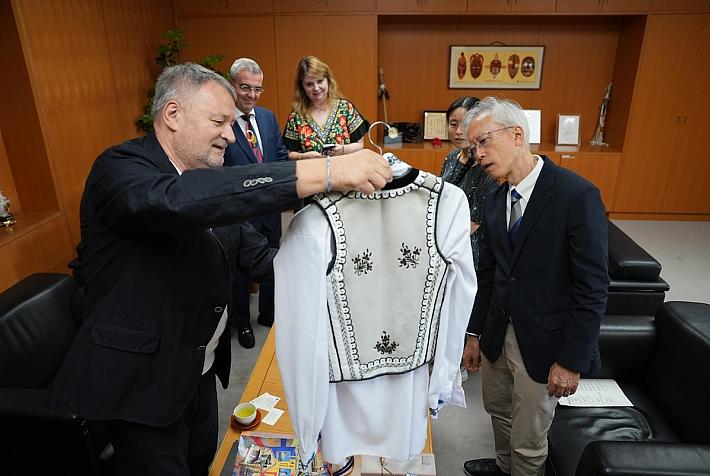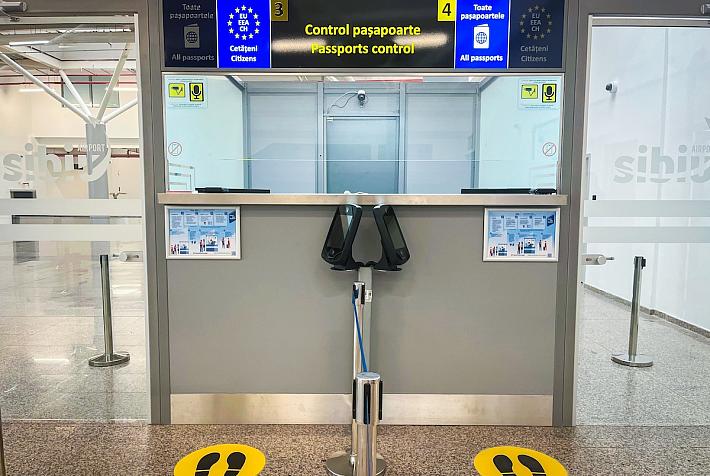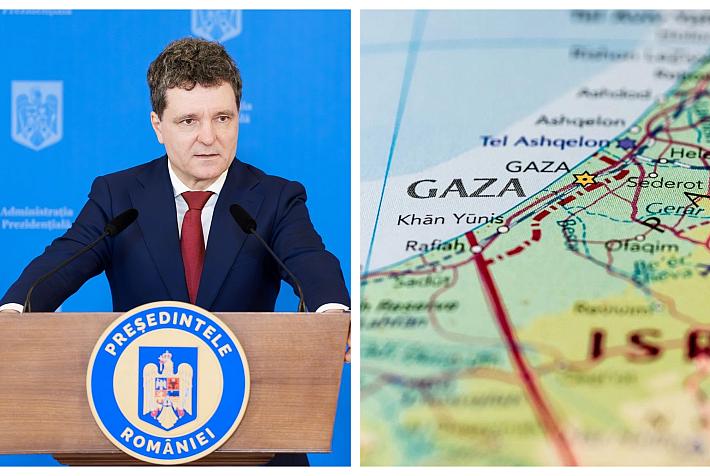Why the Cambridge Curriculum works best for travelling families

In an era of global mobility, families are increasingly finding themselves navigating international waters, embracing diverse cultures, and traversing borders for various reasons. For these families, maintaining a consistent and high-quality education for their children is a priority.
Traveling Families, or as we know them: Globetrotters.
Globetrotting families, often called "travelling families," lead a unique lifestyle filled with exploration, cultural immersion, and constant movement.
These families embark on adventures worldwide, discovering new landscapes, traditions, and experiences while ensuring their teenager's education remains a top priority.
Challenges faced in maintaining education while travelling
1. Disruptions to Traditional Schooling
Frequent travel disrupts the conventional structure of schooling. The traditional classroom setting, curriculum timelines, and standardised assessments are often incompatible with the mobility and varying durations spent in different locations.
2. Inconsistencies in Learning Environments
Each new destination brings a unique learning environment. Adapting to diverse educational systems, language barriers, and cultural differences poses challenges in maintaining a standardised and continuous learning experience.
3. Lack of Continuity in Curriculum
Transitioning between educational systems and curricula can lead to gaps in learning. Varying teaching methods, syllabi, and academic requirements hinder a seamless educational progression for globetrotting teenagers.
4. Social and Peer Interaction
Constant movement can limit opportunities for consistent social interactions and peer relationships crucial for holistic development. The transient nature of their lifestyle can impact a teenager's sense of belonging and community engagement.
Overcoming Challenges Through the Cambridge Curriculum
Addressing these challenges necessitates a curriculum transcending geographical boundaries, offering stability, adaptability, and a globally recognised educational framework.
Flexibility and Consistency
Globetrotting families navigate a whirlwind of travel experiences, demanding a stable and consistent education for their teenagers despite ever-changing environments.
The Cambridge curriculum emerges as a beacon, offering a unique blend of flexibility and reliability to cater to their educational needs.
Inconsistencies caused by frequent travel disrupt traditional schooling, impacting a teenager's academic journey. Uneven learning experiences hinder educational growth and continuity.
How the Cambridge Curriculum Offers Stability
Designed for mobile students, the curriculum ensures a consistent educational experience irrespective of geographical shifts.
It provides a solid foundation that travels with the student.
The curriculum's adaptable nature allows flexibility in scheduling and learning pace, accommodating diverse travel schedules without compromising educational quality.
Supportive Resources for Remote Learning
In the age of global connectivity, remote learning has become a vital tool for globetrotting families seeking to maintain a consistent education for their teenagers.
The Cambridge curriculum, coupled with innovative digital platforms like Spark School’s MySpark, offers a comprehensive suite of resources, ensuring seamless learning experiences regardless of geographical distances.
Remote Learning Support for Teenagers
The integration of remote learning resources within the Cambridge curriculum plays a pivotal role in facilitating education while travelling.
The curriculum offers a diverse range of online tools, educational materials, and virtual classrooms, enabling students to engage in learning anytime, anywhere.
These resources provide flexibility in learning schedules, accommodating the nomadic lifestyle of globetrotting families without compromising educational quality.
Personalised Learning and Progress Tracking
The Cambridge curriculum is not just about providing education; it's about tailoring learning experiences to suit the individual needs of globetrotting teenagers.
The adaptive curriculum allows teachers to tailor learning experiences to suit students' strengths, interests, and learning pace.
It offers a diverse range of resources, allowing students to delve deeper into subjects of interest and progress at their own speed.
Preparation for Higher Education and Career Paths
The curriculum fosters
- critical thinking
- research skills
- and independent learning, essential for success at the university level
It emphasises analytical skills, creativity, and problem-solving abilities, preparing students to thrive in the rigorous academic environment of universities worldwide.
This education encompasses diverse subjects and extracurricular activities while helping them develop soft skills.
A well-rounded education equips students with various skills like adaptability, leadership, and communication, skills that employers from various industries seek.
Recap of the Benefits of the Cambridge Curriculum for Travelling Families
- The Cambridge curriculum stands out for its adaptability, offering stability and flexibility for globetrotting teenagers' education.
- Its global recognition ensures a consistent and respected educational framework, irrespective of geographical location.
- Its adaptability and global recognition underscore its significance as a valuable educational tool for globetrotting families.
Get in touch with the Admissions team at Spark to see how their flexible educational model could enhance your travels - and your lifestyle.
Don’t just dream your dream life; be brave and live it!
*This is Partner Content.











